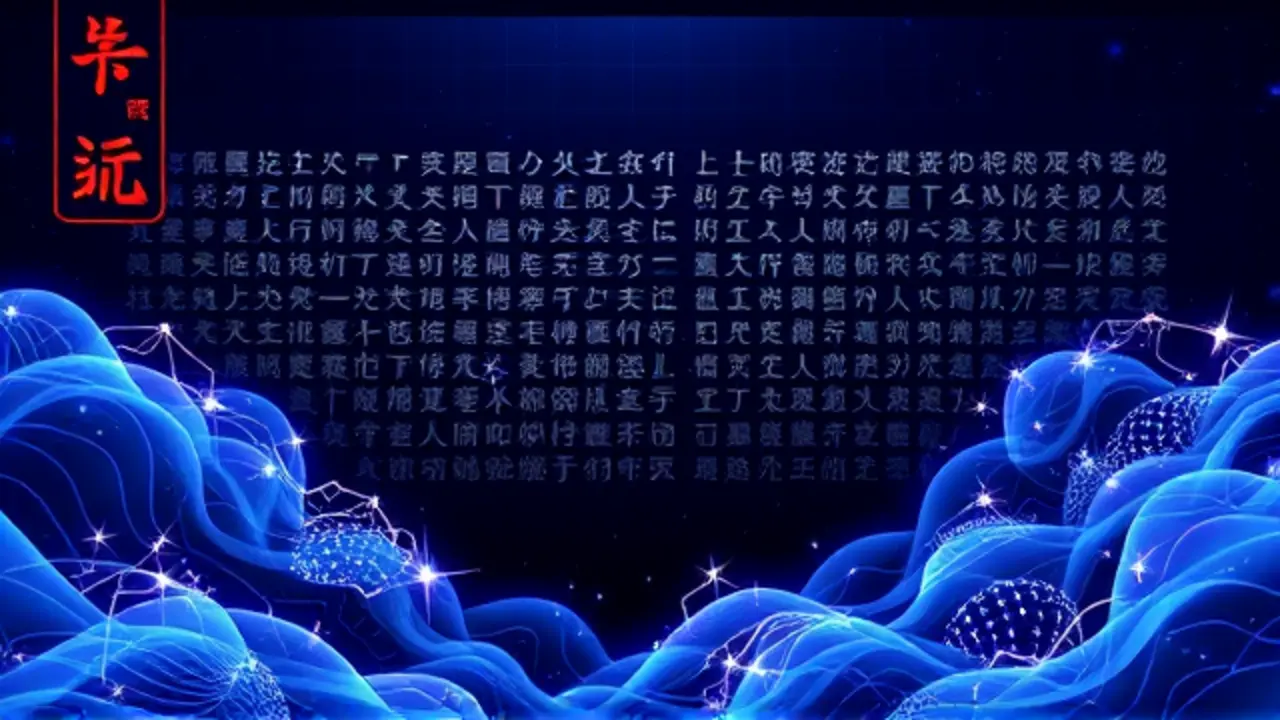Chinese Scientists Restore Ancient Love Poem with AI
In a remarkable synthesis of computational linguistics and classical sinology, a Chinese research team has successfully leveraged artificial intelligence to perform a complete digital restoration of the 1,600-year-old romantic masterpiece, *Rhapsody on the Luo River Goddess*. This achievement represents far more than a simple archival project; it is a profound demonstration of how large language models (LLMs) and advanced pattern recognition algorithms can be trained to operate as sophisticated digital philologists, capable of predicting and reconstructing fragmented or degraded text with a level of contextual and poetic nuance previously thought to be the exclusive domain of human scholars.The scroll, attributed to the poet Cao Zhi from the Three Kingdoms period, is a cornerstone of classical Chinese literature, celebrated for its intricate allegory and vivid imagery depicting the poet's ethereal encounter with a goddess. However, centuries of physical deterioration had rendered significant portions of the text illegible, presenting a formidable challenge for traditional restoration methods that rely on painstaking manual comparison with later copies and scholarly conjecture.The AI model developed for this task was not merely a pattern-matching tool; it was trained on a vast corpus of classical Chinese poetry, historical texts, and grammatical structures from the era, effectively internalizing the linguistic rhythm, thematic conventions, and stylistic fingerprints of Cao Zhi and his contemporaries. This training enabled the model to analyze the surviving characters and the physical structure of the silk scroll—accounting for ink bleed, fiber weave, and common degradation patterns—to generate statistically probable reconstructions for the missing segments.The process is analogous to a high-dimensional autocomplete, but one that operates within the constrained and highly formalized universe of 4th-century fu poetry. The implications of this success are monumental for the field of digital humanities.It suggests a future where AI acts as a collaborative partner in academic research, offering data-driven hypotheses that scholars can then evaluate, refine, or reject, thereby accelerating the pace of discovery and opening new avenues for interpreting our shared cultural heritage. This project also directly engages with ongoing debates in the AI community regarding the potential for artificial general intelligence (AGI) to master domains requiring deep cultural and aesthetic understanding.While the model excels at interpolation within a trained dataset, questions remain about its capacity for genuine creativity or the hermeneutic interpretation of metaphor. Nevertheless, the restoration of the *Rhapsody* stands as a compelling case study in the practical application of narrow AI to solve complex, real-world problems in the arts. It bridges the gap between the algorithmic and the artistic, proving that code can not only analyze but also help resurrect beauty, offering a digital rebirth to a love poem that has, against all odds, regained its voice in the modern world.
Latest News
JWST may have found the Universe’s first stars powered by dark matter
4 days ago0 comments
Indian Startup Airbound Raises $8.65M for Rocket Drone Deliveries
4 days ago0 comments
Nobel winner warns Europe is losing tech race.
4 days ago0 comments
Chinese Scientists Restore Ancient Love Poem with AI
4 days ago0 comments
Scientists build artificial neurons that work like real ones
4 days ago0 comments
Popular hair-loss pill linked to depression and suicide
4 days ago0 comments
This new blood test can catch cancer 10 years early
4 days ago0 comments
Hong Kong Entrepreneur Fights Dementia with Cultural Games
4 days ago0 comments
It’s quiet here...Start the conversation by leaving the first comment.
© 2025 Outpoll Service LTD. All rights reserved.
